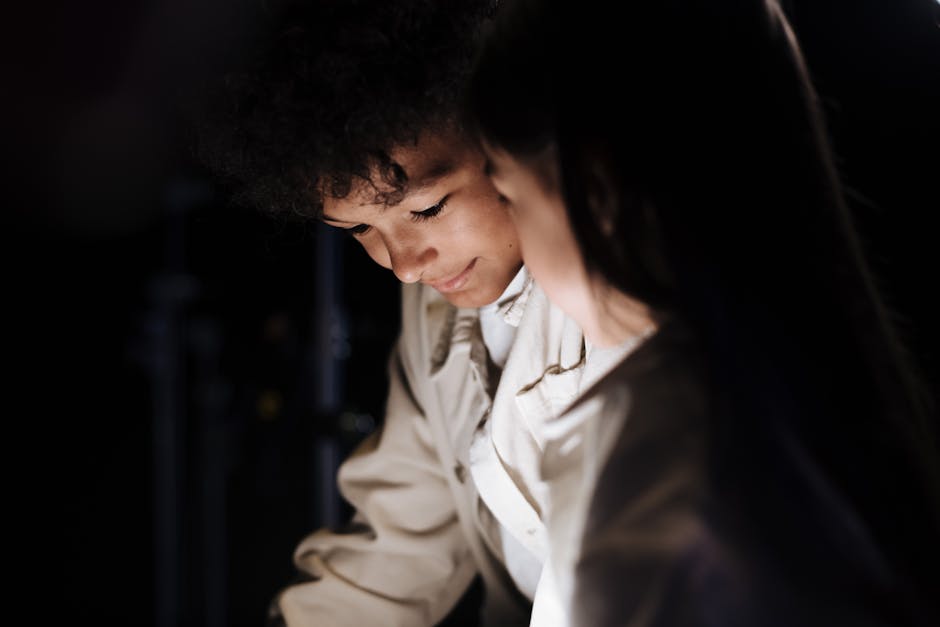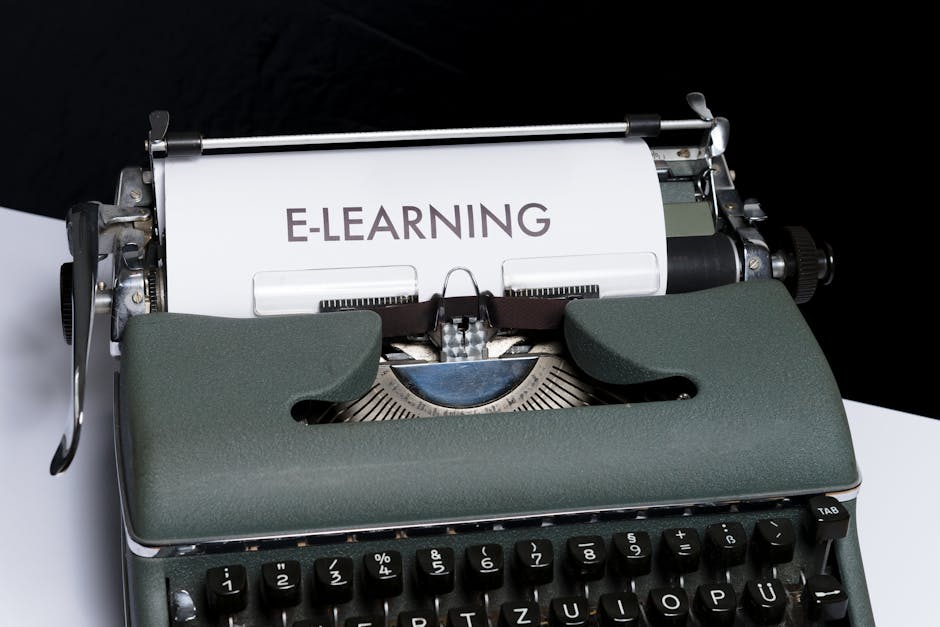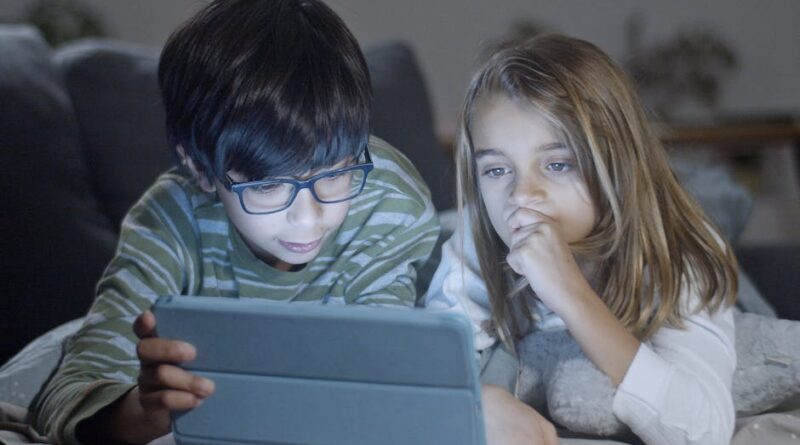The Role of Social Media in Education
As we navigate the digital landscape of the 21st century, social media has become an integral part of our daily lives. From connecting with friends and family to staying updated on current events, social media platforms have revolutionized the way we communicate and interact with the world around us. However, beyond its role in personal networking, social media also has a significant impact on education. In this article, we will delve into the various dimensions of the role of social media in education, exploring its benefits, challenges, and potential for transforming the way we learn.
The Evolution of Social Media in Education

Social media’s influence on education is not a recent phenomenon. In fact, the integration of social media into educational settings dates back to the early 2000s, with the emergence of platforms like MySpace and Facebook. Initially used as a means for students to connect and share resources, social media has since evolved into a powerful tool for teaching, learning, and collaboration.
One of the key factors driving the adoption of social media in education is its ability to enhance communication between students and teachers. Platforms like Twitter and Instagram provide a convenient channel for sharing information, engaging in discussions, and receiving feedback in real-time. Additionally, social media enables educators to reach a wider audience, breaking down the barriers of traditional classroom settings and creating a more inclusive learning environment.
Furthermore, social media offers a plethora of resources and materials that can supplement traditional teaching methods. From educational videos on YouTube to interactive quizzes on Kahoot, social media platforms provide a wealth of educational content that can enrich the learning experience and cater to diverse learning styles.
Enhancing Student Engagement and Collaboration

One of the most significant benefits of integrating social media into education is its ability to enhance student engagement and collaboration. Platforms like WhatsApp and Slack enable students to communicate and collaborate on projects in real-time, breaking down the barriers of time and space. By fostering a sense of community and connectedness, social media can create a more dynamic and interactive learning environment that motivates students to actively participate and engage with the material.
Moreover, social media provides a platform for students to showcase their creativity and talents. Platforms like Instagram and TikTok allow students to express themselves through visual and multimedia content, fostering a sense of creativity and self-expression. By encouraging students to create and share their own content, social media can nurture their critical thinking and communication skills, preparing them for success in the digital age.
Empowering Personalized Learning Experiences

Another key aspect of the role of social media in education is its potential to empower personalized learning experiences. With the rise of adaptive learning technologies and personalized learning platforms, educators can tailor instruction to meet the individual needs and preferences of each student. Social media plays a vital role in this process by providing a platform for students to access personalized learning resources, receive instant feedback, and track their progress over time.
For example, platforms like Edmodo and Schoology enable teachers to create personalized learning experiences for their students, allowing them to assign tasks, provide feedback, and monitor student progress in real-time. By leveraging social media tools, educators can differentiate instruction, accommodate diverse learning styles, and foster a more inclusive and student-centered learning environment.
Facilitating Professional Development and Networking

In addition to enhancing student learning experiences, social media also plays a crucial role in facilitating professional development and networking opportunities for educators. Platforms like LinkedIn and Twitter provide a platform for teachers to connect with colleagues, share best practices, and stay updated on the latest trends and developments in education.
Furthermore, social media enables educators to access a wealth of resources and training materials that can support their professional growth and development. From online courses and webinars to virtual conferences and seminars, social media platforms offer a diverse range of opportunities for educators to expand their knowledge, skills, and expertise in the field of education.
Addressing Challenges and Controversies
While social media offers numerous benefits for education, it also presents various challenges and controversies that need to be addressed. One of the primary concerns surrounding the use of social media in education is the issue of online safety and privacy. With the increasing prevalence of cyberbullying, fake news, and online scams, educators must educate students about digital citizenship and responsible online behavior.
Moreover, the use of social media in education raises concerns about equity and access. Not all students have equal access to technology and internet connectivity, which can create disparities in learning opportunities and outcomes. Educators must consider these factors when integrating social media into their teaching practices and ensure that all students have equitable access to educational resources and materials.
Expert Opinions
According to Dr. Michael Horn, an education expert and author, “Social media has the potential to revolutionize education by providing a platform for personalized learning, collaboration, and professional development. By leveraging social media tools effectively, educators can create a more engaging and inclusive learning environment that prepares students for success in the digital age.”
Conclusion
In conclusion, the role of social media in education is multifaceted and far-reaching. From enhancing student engagement and collaboration to empowering personalized learning experiences, social media has the potential to transform the way we teach and learn. However, it is essential for educators to approach the integration of social media into education with caution and consideration, taking into account the challenges and controversies that may arise.
As we continue to navigate the ever-evolving landscape of digital technology, it is crucial for educators to harness the power of social media to create a more dynamic, interactive, and inclusive learning environment that prepares students for success in the 21st century and beyond.




